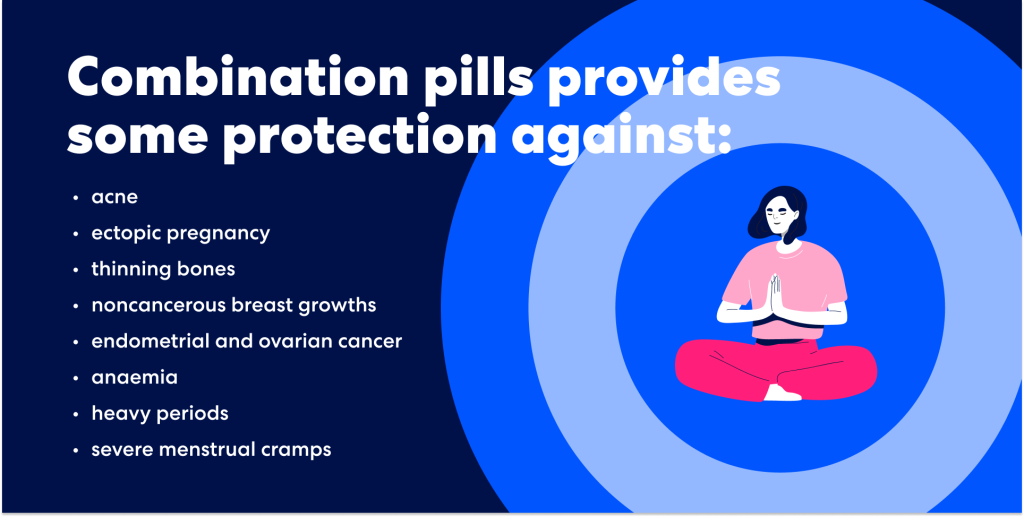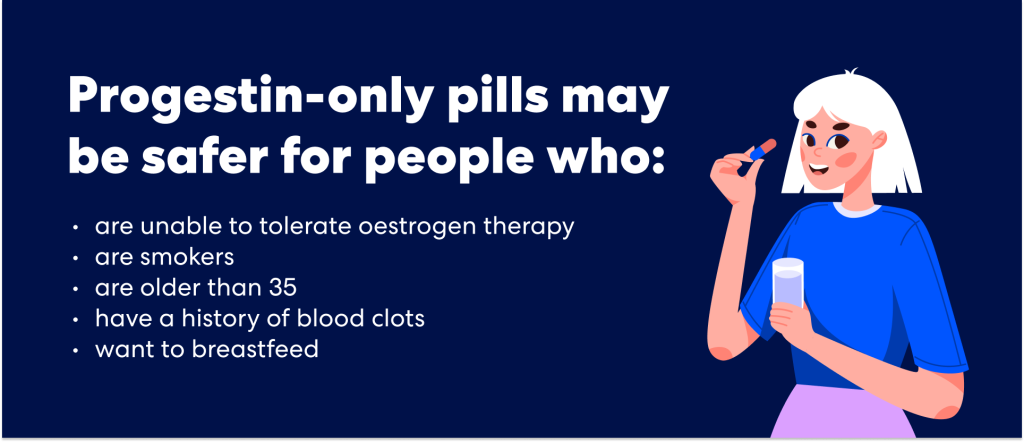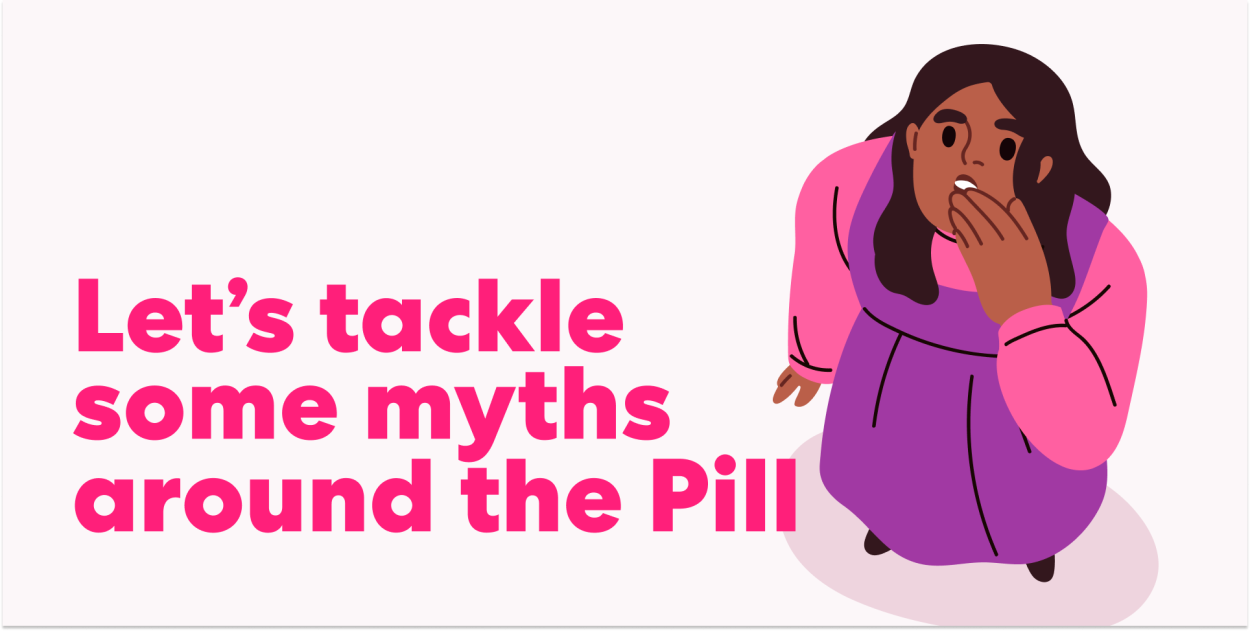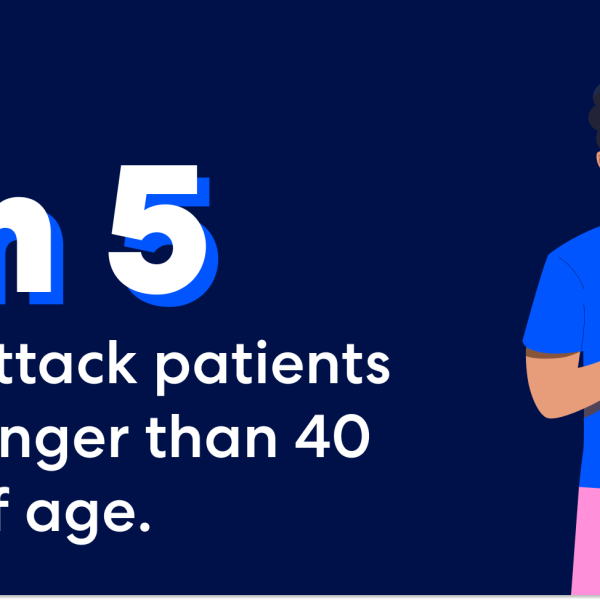Birth control pills, also called oral contraceptives, are medications designed to prevent pregnancy, but they can also treat a variety of conditions related to hormonal imbalances. PCOS, acne and excessive hair growth (or hirsutism in doctors’ jargon) are some of the conditions the Pill may help you with.
On the occasion of the International Day of Action for Women’s Health, we spoke with Even’s OBGYN Dr Manisha Ajay Khursale to understand how the contraceptive pill works and debunk some stubborn myths on the subject.
How Does the Contraceptive Pill Work?
Contraceptive pills contain small amounts of hormones similar to the ones your body produces as part of the menstrual cycle.
The hormones in birth control pills work to prevent pregnancy by stopping the release of an egg from the ovary, a process called ovulation. Some birth control pills also change the lining of the uterus making it harder for a fertilised egg to implant.
Many people use the pill with no problems at all, but like all medications, birth control pills can have side effects. The most common side effects are spotting or bleeding between periods, sore breasts, nausea, or headaches.
Birth control shouldn’t make you feel sick or uncomfortable. If you experience side effects, you might have to try a different kind of pill. And as Dr Khursale says, “You’ve got options!”
What are the Different Types of Contraceptive Pill?
Combination Pills
Combination pills contain synthetic forms of the hormones oestrogen and progesterone (called progestin in its synthetic form).
Oestrogen controls the menstrual cycle. Oestrogen levels increase in the middle of your cycle and lower when you have your period. While progesterone prepares the uterus for pregnancy after ovulation by thickening the endometrium. High progesterone levels also prevent ovulation.
Combination pills come in a 28-pack. Most pills in each cycle are active, which means they contain hormones. The remaining pills are inactive, which means they don’t contain hormones.
There are several types of combination pills:
- Monophasic pills. These are dispensed in 1-month cycles. Each active pill gives you the same dose of hormone. During the last week of the cycle, you can take or skip the inactive pills and will still have your period.
- Multiphasic pills. These are dispensed in 1-month cycles and provide different levels of hormones during the cycle. During the last week of the cycle, you can take or skip the inactive pills and will still have your period.
- Extended-cycle pills. These are typically dispensed in 13-week cycles. You take active pills for 12 weeks. During the last week of the cycle, you can take or skip the inactive pills and have your period. As a result, you have your period only three to four times per year.

Progestin-only pills
Progestin-only pills contain progestin (synthetic progesterone) without oestrogen. This type of pill is also called the mini pill.
Progestin-only pills can help reduce bleeding in people with heavy periods. They may be a good choice for people who can’t take oestrogen for health or other reasons, like a history of stroke, migraine with aura, heart disease, peripheral vascular disease, and/or deep vein thrombosis.
You should also avoid oestrogen if you’re over 35 and smoke, as this combination can increase your risk of developing a blood clot.
With progestin-only pills, all pills in the cycle are active. There are no inactive pills, so you may or may not have a period while taking progestin-only pills.

How to Choose the Pill that’s Right for You
Dr Khursale insists that not every type of contraceptive pill is a good fit for every person and talking with your doctor is the best way to find the pill that works best for you.
Factors that can affect your choice include:
Your menstrual symptoms. If you experience heavy bleeding, you may do better with a progestin-only birth control pill instead of a combination pill.
Whether you’re breastfeeding. If you’re breastfeeding, your doctor may recommend avoiding birth control pills that contain oestrogen.
Your cardiovascular health. If you have a history of stroke, blood clots, and/or deep vein thrombosis, your doctor may recommend a progestin-only birth control pill.
Other chronic health conditions you may have. If you have chronic health conditions, such as active breast or endometrial cancer, migraine with aura, or heart disease, you may not be a good candidate for oral contraceptives.
Other medications you may take. If you’re taking antibiotics or herbal remedies, combination birth control may not be a good fit for you. Certain antiviral drugs and epilepsy medications can also interfere with birth control pills, and vice versa.
Let’s Tackle some Stubborn Myths around the Contraceptive Pill
Is it true that the Pill causes depression? No, it’s not!
While some researchers have found a connection between hormonal birth control, such as the pill, and depression, most people don’t develop depression while using hormonal birth control.
Dr Khurshale explains that while the hormonal changes produced by the pill can impact your mood and cause you to feel a range of emotions, including occasional sadness, depression is a condition that comes with constant feelings of sadness.
You may be more likely to experience depression while using hormonal birth control if you already have depression, have a family history of depression, or you’ve had depression in the past.
If you start to feel the signs and symptoms of depression or you think you may have higher chances of depression while taking the pill, talk to your OBGYN about your birth control options.
For some people, the contraceptive pill may actually help relieve depression symptoms and mood swings caused by the premenstrual syndrome (PMS) and premenstrual dysphoric disorder (PMDD).
Is it true that the Pill will make me gain weight? It depends.
There’s been a lot of research on common side effects. And studies show that contraceptive pills, as well as other birth control methods, don’t make you gain or lose weight.
Everyone’s body is different, so birth control affects everyone a little differently. But birth control shouldn’t cause problems in your everyday life. If you experience weight gain as a result of starting the contraceptive pill and it bothers you, or if you notice other side effects that you don’t like, talk with your OBGYN to find another type of birth control that works better for you.
It’s very common for people to try a few different types of pills before finding one that works well for them.
Dr Khurshale reassures us that once you stop using the contraceptive pill, any side effects you had will fade within a few months and your body will eventually go back to the way it was before you started using it.
Does the Pill cause PCOS? No, it doesn’t!
Contrary to myth, contraceptive pills do not cause polycystic ovary syndrome (PCOS), quite the opposite! Birth control pills help treat symptoms of PCOS.
While the exact cause of PCOS isn’t known, it’s generally assumed that a combination of genetic and environmental factors are at work, along with some lifestyle factors in some people.
The pill is a first-line therapy for PCOS. The combined pill is particularly effective in cases of dysmenorrhoea and menorrhagia, in preventing migraines induced by menstruation, treat premenstrual syndrome, and pelvic pain related to endometriosis as well as in decreasing the risk of endometrial and ovarian cancer.
The Bottom Line
The contraceptive pill can address a variety of needs, including preventing pregnancy, treating health concerns caused by hormonal imbalances like acne and hirsutism, as well as mitigating period symptoms like cramps and heavy bleeding.
You may need to try several different types of pills before finding the one that works best for you. Having an open conversation with a trusted doctor is the best way to go when you are thinking about starting a contraceptive pill.
Tracking your symptoms and writing down your concerns before the doctor’s appointment can help to get all the answers you need. Remember that you are entitled to ask all and any questions.
On this International Day of Action for Women’s Health, we celebrate your ability to choose and care for your body. We at Even will always be a text away to support you.
Our doctors are not only the best in the country, handpicked by top hospitals, they are also non-judgmental! They are available 24/7 to guide you with medicines, diet, and your overall health to 360 degrees.
Here’s to your hormonal health!



